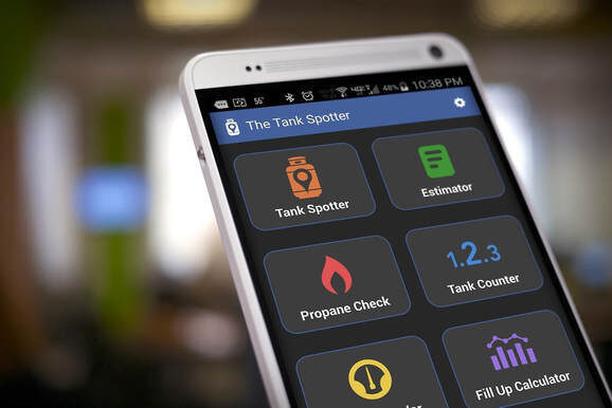Safeguarding Propane Retailers: Insurance Considerations for Non-Owned Dispenser Sites

Insurance coverage is a critical aspect of protecting propane retailers and their operations. However, certain specialized activities within the industry can give rise to coverage gaps that may lead to financial risks.
While insurance policies for propane retailers typically provide coverage for property, general liability, and auto-related risks, certain specialized operations may fall outside the scope of standard coverage. Examples of such operations include but are not limited to:
1. Propane Tank Refurbishment: Propane retailers engaged in refurbishing and reconditioning propane tanks face unique risks associated with the process. These risks may not be adequately covered under standard insurance policies, necessitating specific coverage to address potential liabilities.
2. Cylinder Requalification: The process of requalifying propane cylinders involves testing and certifying their safety and integrity. This operation may present specific risks that require additional insurance coverage beyond the scope of standard policies.
3. Bulk Plant Operations: Propane retailers operating bulk plants face a range of potential risks, including storage, handling, and transportation hazards. Standard policies may not encompass all the specific risks associated with bulk plant operations, highlighting the need for tailored coverage.
Mitigating Risks: Key Steps for Propane Retailers
To mitigate potential risks and address coverage gaps in specialized operations, propane retailers should consider the following measures:
1. Consult with Insurance Professionals: Work closely with insurance professionals who specialize in the propane industry. They possess the expertise to assess the specific risks associated with specialized operations and can provide tailored insurance solutions to address coverage gaps.
2. Conduct Risk Assessments: Conduct thorough risk assessments for each specialized operation within your propane business. Identify potential hazards, vulnerabilities, and gaps in existing coverage. This information will help guide discussions with insurance professionals and ensure comprehensive coverage.
3. Obtain Specialized Insurance Coverage: Collaborate with insurance providers to secure specialized coverage for the unique risks associated with specialized operations. This may involve acquiring additional endorsements or stand alone policies that specifically address the identified coverage gaps.
4. Review Existing Policies: Regularly review your existing insurance policies to ensure they align with the evolving needs of your propane business. Communicate any changes in operations or expansions to your insurance provider to ensure continuous and appropriate coverage.
5. Establish Safety Protocols: Implement robust safety protocols, employee training programs, and regular equipment maintenance practices to minimize the potential for accidents and liability claims. Document all safety measures and training procedures to demonstrate compliance in the event of a claim.
In addition to robust safety protocols, propane retailers can leverage advanced tools and technologies to enhance their operations and streamline business processes. One such tool is Tank Spotter, a comprehensive solution that empowers propane businesses with real-time insights and automation features.
Tank Spotter: Enhancing Efficiency and Safety
Tank Spotter, a state-of-the-art software solution designed for the propane industry, not only enhances operational efficiency but also plays a crucial role in simplifying and expediting the documentation process for insurance claims. By providing a centralized platform for comprehensive tank information and streamlining data collection, Tank Spotter significantly contributes to making documentation easier and faster, ultimately benefiting propane companies in insurance claim situations.
With Tank Spotter, all essential tank and regulator information, including photos, videos, and vital specifications, is readily accessible. This centralized repository ensures that propane retailers have the necessary documentation at their fingertips when filing insurance claims. Instead of manually searching through various sources and documents, marketers can easily retrieve and present the required evidence, facilitating a smoother claims process.
Furthermore, Tank Spotter’s paperless capabilities streamline data collection and record-keeping. Propane marketers can document maintenance priorities, safety measures, and training procedures directly within the software, eliminating the need for cumbersome paperwork. This automated approach not only reduces administrative burdens but also ensures that all crucial information is accurately captured and readily available when needed for insurance claims.
The efficient and organized documentation facilitated by Tank Spotter improves the overall claims process by providing insurers with comprehensive and easily accessible information. Insurers can quickly assess the situation, verify compliance with safety protocols, and make informed decisions based on the documented evidence. As a result, the claims process becomes faster, more transparent, and less prone to errors or disputes.
For more information about this invaluable tool, visit TankSpotter.com today.













